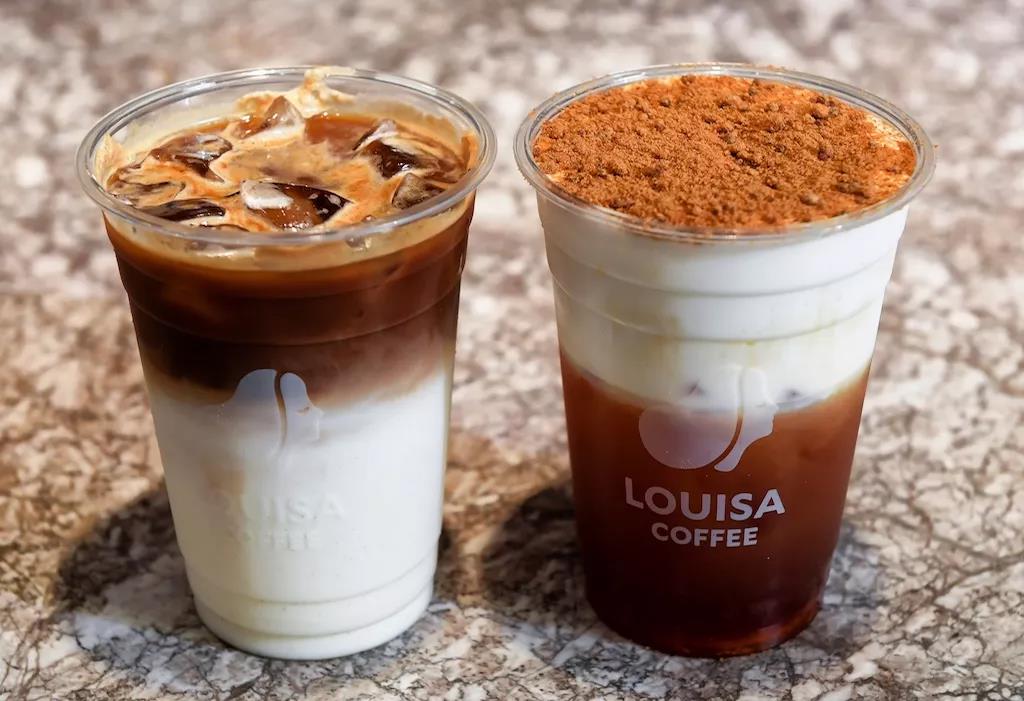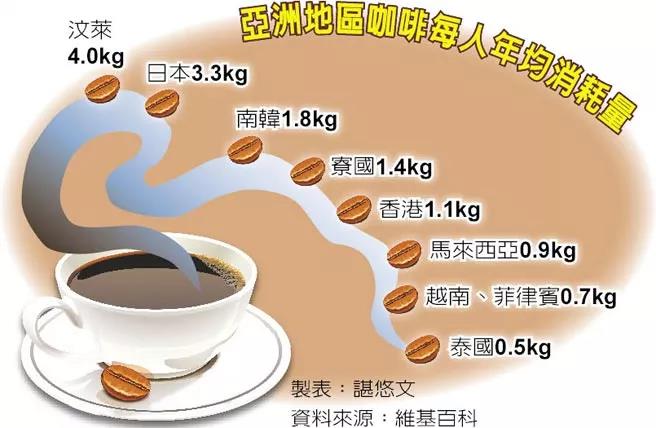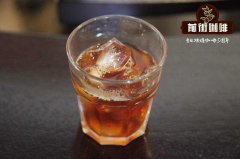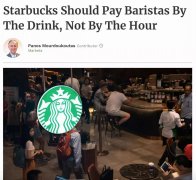South Korea legislates to ban the sale of coffee in primary and secondary schools? Too much schoolwork leads to one cup of coffee a day for senior high school students.
Professional coffee knowledge exchange more coffee bean information please follow the coffee workshop (Wechat official account cafe_style)
South Korea's Ministry of Food, Pharmaceutical and Safety has announced that primary and secondary schools across the country will ban the sale of coffee, and the new law will take effect on the 14th of this month. Officials say the huge pressure on schoolwork has caused students to consume too much caffeine during exams, and it is hoped that the new policy will help students develop healthy eating habits.
CNN reported that the ban will apply to the entire campus, meaning that no one, including teachers, can buy caffeinated drinks on campus.

Effective on September 14th
An official from South Korea's Food, Medical and Drug Safety Agency (MFDS) said that students often face great pressure on their schoolwork, resulting in many cases of excessive caffeine intake during exams, and MFDS hopes the ban will help students develop healthier eating habits. Other high-volume caffeinated drinks, such as energy drinks, have long been banned on campus.
A 2012 survey of more than 5400 middle and high school students in South Korea found that 19% of respondents drank one or more cups of coffee a day. More than half of the respondents said that although they knew that consuming too much caffeine was harmful to their health, they still drank caffeinated drinks to boost their spirits.
"Middle and high school students are aware of the dangers of caffeine, but they actually still drink coffee," the study said. This means that simply educating these students about the harm of caffeine abuse still cannot prevent them from hurting themselves.

The survey results were supported by Kim Sang-hee, a member of the Democratic Party, and proposed a bill to ban the sale of coffee on campus. The legislation has now been completed and will come into effect on 14 September. However, critics point out that students can easily buy coffee or other caffeinated drinks as long as they walk out of school for a few minutes.
According to the American Academy of Pediatrics (AAP), caffeine may have several harmful effects on children's health, including damage to the development of the nervous and cardiovascular systems. AAP further pointed out that in general, children should avoid caffeinated drinks, including sodas.
With an average of 380 cups per person per year in Japan and 300 cups in South Korea, there are a staggering number of coffee shops in South Korea. According to statistics, there are more coffee shops in Seoul than superstores, and excessive caffeine consumption has aroused concern. As a result, the South Korean government will completely ban the sale of coffee in primary and secondary schools.

Important Notice :
前街咖啡 FrontStreet Coffee has moved to new addredd:
FrontStreet Coffee Address: 315,Donghua East Road,GuangZhou
Tel:020 38364473
- Prev

Qao Q is all said in the coffee circle. Recently, I heard that the youngest Q-Grader is only 13 years old.
Professional coffee knowledge exchange more coffee bean information Please follow the coffee workshop (Wechat official account cafe_style) Coffee circle is talking about Q, recently, I heard that the youngest Q-Grader, only 13 years old ~ this young Q, currently the youngest Q-Grader in China and even in the world, in addition to this youngest Q, there are more post-00s who have had in-depth development in the coffee circle.
- Next

Forbes says Starbucks' wages are unfair. Netizens: pay by piece like a factory?
Professional coffee knowledge exchange more coffee bean information please follow the coffee workshop (Wechat official account cafe_style) according to the Glassdoor website, the salary of Starbucks baristas in the United States is 7 to 15 US dollars per hour, with an average hourly wage of 9 US dollars, which means Starbucks will give 150000 employees in the United States at least two pay increases. According to the Forbes article, this hourly wage is unfair to baristas.
Related
- Is Dirty the cold version of Australian White? What is the difference between dirty coffee/decent coffee and Australian white espresso?
- Relationship between brewing time and coffee extraction parameters How to make the brewing time fall to 2 minutes?
- Got entangled?! Lucky opens a new store, Mixue Ice City, and pursues it as a neighbor!
- How long is the shelf life of high-quality hand-brewed hanging ear coffee? Why is the taste period of hanging ear coffee ground into powder only one month?
- Why does hand-brewed espresso smell good but taste bitter? Is the flavor of high-quality hand-brewed coffee aroma or taste?
- Special treatment? COSTA's China business was evaluated separately!
- Match with Xi Tea?! Lucky will launch the new "Snow Cheese Grapes"
- What is the recommended proportion of water temperature and grinding time for hand-flushing Huakui coffee beans? What parameters should be used for cold extraction and cold brewing hand-brewed Huakui coffee?
- Share the most detailed golden formula for cold extract coffee making on the whole network! What proportion of ground is used to make cold coffee brewed for several hours?
- What are the advantages of segmented water injection for hand-brewed coffee? How many stages should I fill the water when making coffee and what is the best time for grinding the water temperature?

